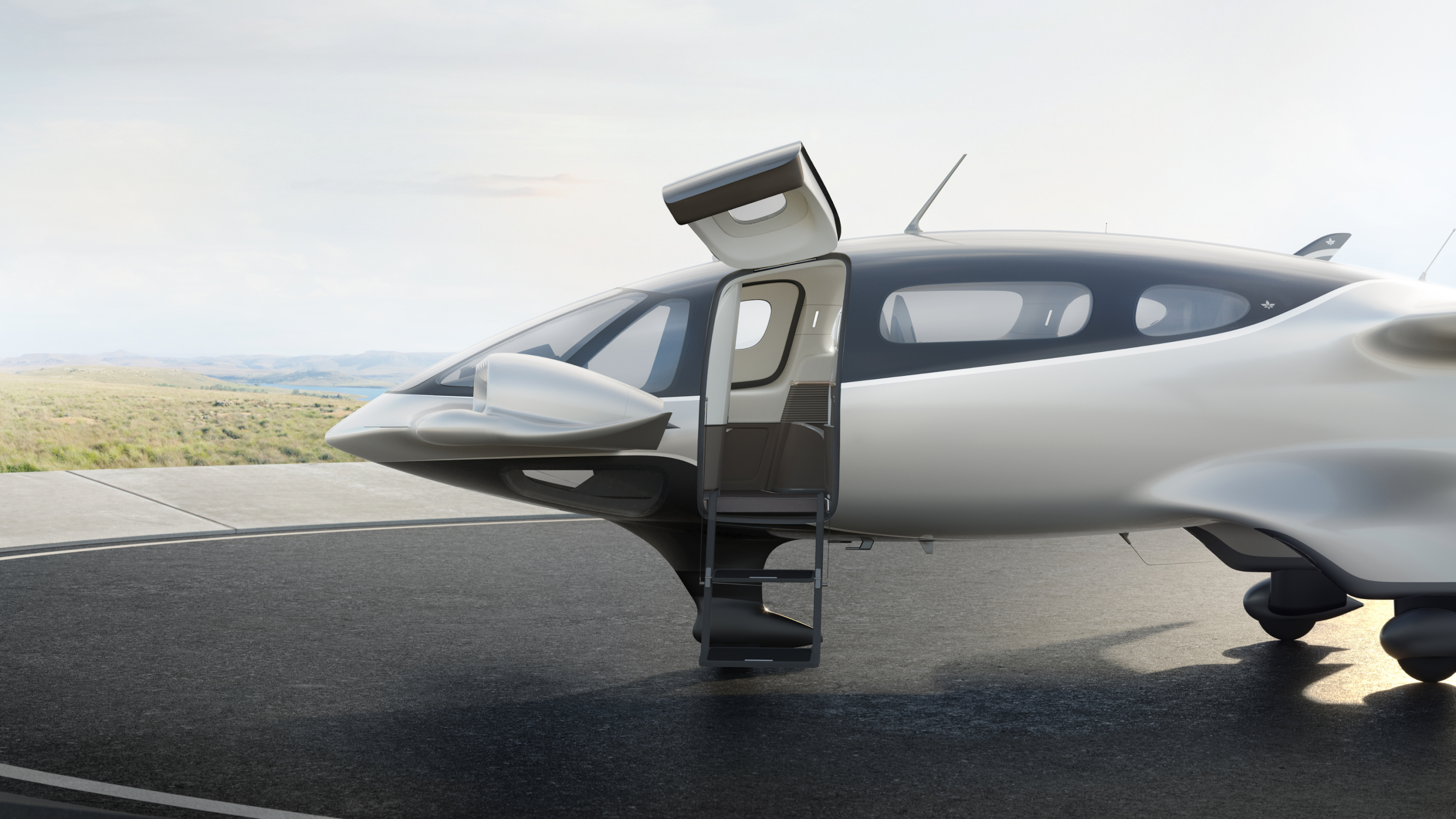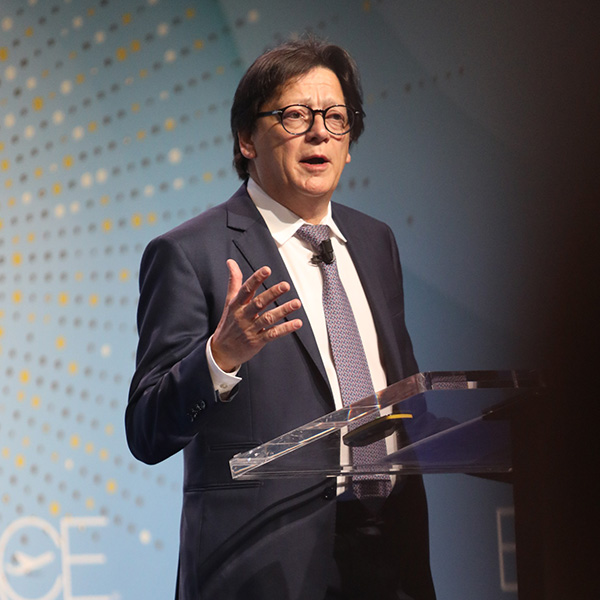
Greener Skies: Private Aviation Contribution
In the realm of private aviation, the drive towards sustainability is more robust than ever. Manufacturers and operators alike are exploring innovative ways to reduce the sector’s environmental impact.
A significant stride in this direction is the development and implementation of hybrid propulsion systems. These systems, that combine the use of sustainable aviation fuel (SAF) with electric power, aim to significantly lower the carbon emissions associated with private flights, heralding a new era of eco-friendly air travel.

Another crucial strategy for enhancing sustainability within private aviation involves the more efficient utilization of flight capacity, notably through the booking of empty leg flights. These flights, which typically occur when a jet needs to return to its base or relocate for its next charter without passengers, present an opportunity to maximize the efficiency of the private jet market. By filling these empty legs, operators can offer more attractive pricing to passengers while also reducing the carbon footprint by avoiding unnecessary flights.

Collaboration, innovation, sustainable technologies and emission-free flight dominated the opening keynote session at the 2024 European Business Aviation Convention & Exhibition (EBACE2024).
In his welcome remarks, NBAA President and CEO Ed Bolen underscored the importance of bringing industry leaders together. “EBACE is the place to be to talk about the big issues and challenges and opportunities that our industry has,” Bolen said. “As we bring every segment of the community together from all over the world, we’re going to have an opportunity to help shape the future of flight.”
Bolen then introduced EBAA’s new Secretary-General, Holger Krahmer, who began his new leadership position five months ago after a decade of serving in European Parliament.
“Safeguarding a competitive and fair European single market for business aviation operators is essential,” Krahmer said. “There is hope for a more business friendly environment, but we must remain vigilant. Our role in business aviation is more crucial than ever before.”
Krahmer also took a moment to highlight EBAA’s new membership in the industry’s CLIMBING. FAST. advocacy campaign, which is aimed at showcasing business aviation’s commitment to economic opportunity, sustainability and innovation, as well as achieving net-zero carbon emissions by 2050. “At EBACE, we’re spearheading a surge of aviation and carbon-free flight.”

John Santurbano, director of the Maastricht Upper Area Control Centre, EUROCONTROL – and an important partner in the business aviation sector – discussed the importance of maintaining safe air traffic management within a complex airspace and how ATC innovations are resulting in reduced aircraft emissions.
“In the future we should not ask if we will fly, but how we will fly,” Santurbano said. “That’s why we should adapt and reach carbon-free goals for 2050.” He spoke about vertical flight efficiency as a method for reducing carbon emissions and efforts to mitigate emissions from aircraft contrails.

No comments for “Greener Skies: Private Aviation Contribution”